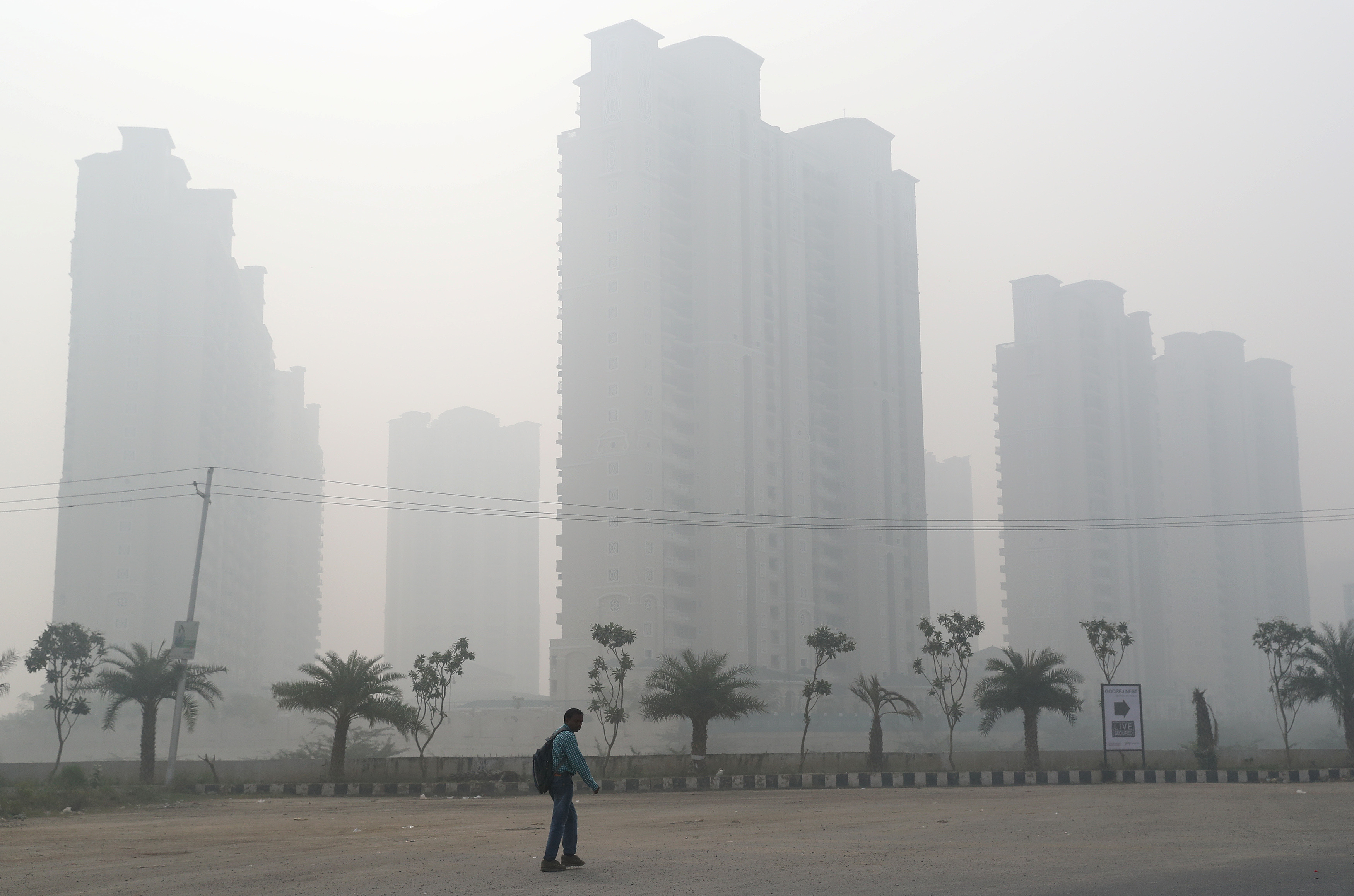
By Krishna N. Das and Rupam Jain
KUTUPALONG, Bangladesh/NEW DELHI (Reuters) – Caught in the crossfire between Myanmar’s military and Rohingya insurgents, hundreds of Hindus who have fled to Bangladesh are placing their hopes on the Hindu nationalist government of Prime Minister Narendra Modi in neighboring India.
Nearly 500 are sheltered in a cleared-out chicken farm in a Hindu hamlet in Bangladesh’s southeast, a couple of miles from where most of the 421,000 Rohingya Muslims who have also fled violence in Myanmar since Aug. 25 are living in makeshift camps.
The Hindu refugees say they are scared of going back to their villages in Buddhist-majority Myanmar’s restive Rakhine state, but also wary of staying in mostly Muslim Bangladesh.
Modi’s government, meanwhile, is making it easier for Hindus, Buddhists, Christians and other minorities from Bangladesh and Pakistan to gain citizenship in India.
“India is also known as Hindustan, the land of the Hindus,” said Niranjan Rudra, sitting on a plastic sheet in the chicken farm flanked by his wife, who sported a large vermilion red dot on her forehead typical of married Hindu women.
“We just want a peaceful life in India, not much. We may not get that in Myanmar or here,” he said. Fellow refugees nodded in agreement, stating that they wanted the message to reach the Indian government through the media.
The Indian government declined to comment on the Hindu refugees’ hopes. A government source said it was waiting while the Supreme Court hears an appeal against the home ministry’s plans to deport around 40,000 Rohingya Muslims from the country.
But Achintya Biswas, a senior member of the Vishwa Hindu Parishad (VHP), or the World Hindu Council, which has close ties with the ideological parent of Modi’s ruling party, said India was the natural destination for the Hindus fleeing Myanmar.
“Hindu families must be allowed to enter India by the government,” Biswas said by phone. “Where else will they go? This is their place of origin.”
Biswas said the VHP and Rashtriya Swayamsevak Sangh, the umbrella group that mentors Modi’s ruling party, would submit a report to the home ministry on the refugees and demand a new policy allowing Hindus from Myanmar and Bangladesh to seek asylum in India.
The Hindu right who form the bedrock of Modi’s support have long believed India is the home for all Hindus.
India’s Home Ministry spokesman K.S. Dhatwalia declined to comment.
A senior home ministry official in New Delhi, speaking on condition of anonymity, said that no Hindu in Myanmar or Bangladesh affected by the violence had approached Indian authorities.
“At this juncture we have no SOS calls from Hindus,” said the official. “Also, the Supreme Court is yet to decide whether India should deport Rohingya Muslims or not. The matter is sub-judice and any policy decision will be taken only after the court’s order.”
“WANT TO FEEL SAFE”
Hindus make up a small but long-standing minority in both Myanmar and Bangladesh.
Refugee Rudra, a barber from Myanmar’s Thit Tone Nar Gwa Son village, showed Reuters what he said was a temporary citizenship card issued in 1978 by the authorities there. The card listed his race as “Indian” and religion as “Hindu”.
Rudra and other Hindu refugees said they had fled soon after Rohingya insurgents attacked 30 Myanmar police posts, triggering a fierce military counteroffensive.
Since then, rights monitors and fleeing Rohingya say the army and Rakhine Buddhist vigilantes have mounted a campaign of arson aimed at driving out the Muslim population, leaving many villages in northern Rakhine empty.
“Our village in Myanmar was surrounded by hundreds of men in black masks on the morning of Aug. 25,” said Veena Sheel, a mother-of-two whose husband works in Malaysia.
“They called some men out and asked them to fight the security forces … a few hours after we heard gunshots.”
Sheel left the next day with eight other women and their families, walking for two days to reach Bangladesh.
“There are so many people all around us. No peace here, no peace back in Myanmar,” said Sheel. “We should be taken to Hindustan, that’s our land. Wherever we stay, we want to feel safe.”
Since taking office in 2014, Modi’s government has issued orders stating that no Hindu or member of another minority from Pakistan or Bangladesh would be considered an illegal immigrant even if they entered the country without valid documents on or before Dec. 31, 2014. (http://bit.ly/2f61Qxr)
It also plans to nearly halve to six years the period Hindus, Christians and other minorities from those countries need to have lived in India to be granted citizenship by naturalization.
“We are regularizing only those who have come due to religious persecution in Bangladesh and Pakistan,” junior home minister Kiren Rijiju told Reuters last month, adding that there was no policy on refugees from Myanmar.
It will not be easy for secular India to accept the Myanmar Hindu refugees’ demand while the government is pushing for the deportation of Rohingya Muslims.
Modi’s government has already been criticized by activists for not speaking out against Myanmar’s military offensive, and accused of vilifying the Rohingya in the country to seek legal clearance for their deportation.
(Reporting by Krishna N. Das and Rupam Jain; Editing by Alex Richardson)










